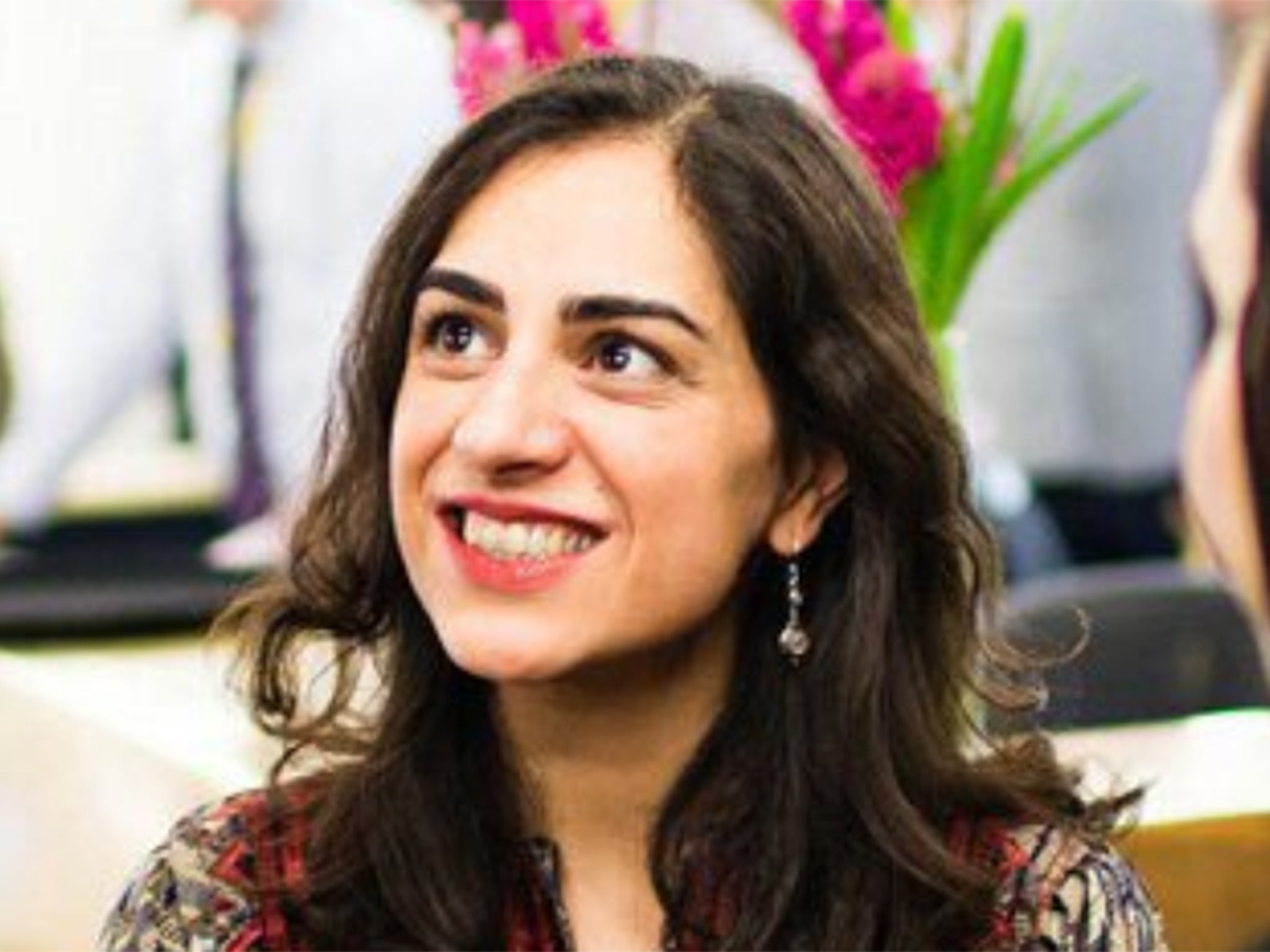‘Dismay’ as Iran upholds spying sentence against British Council worker
Aras Amiri now set to serve 10-year term

Your support helps us to tell the story
From reproductive rights to climate change to Big Tech, The Independent is on the ground when the story is developing. Whether it's investigating the financials of Elon Musk's pro-Trump PAC or producing our latest documentary, 'The A Word', which shines a light on the American women fighting for reproductive rights, we know how important it is to parse out the facts from the messaging.
At such a critical moment in US history, we need reporters on the ground. Your donation allows us to keep sending journalists to speak to both sides of the story.
The Independent is trusted by Americans across the entire political spectrum. And unlike many other quality news outlets, we choose not to lock Americans out of our reporting and analysis with paywalls. We believe quality journalism should be available to everyone, paid for by those who can afford it.
Your support makes all the difference.An Iranian court has dashed hopes that the 10-year sentence given to a British Council worker on spying charges could be reduced.
Aras Amiri, a London-based Iranian citizen, was detained in March 2018 while travelling to Tehran to visit her sick grandmother. The 33-year-old had been working on cultural exchanges between Iran and the UK, and is also an art student at Kingston University.
Ms Amiri’s initial court hearing was held in Tehran in May. There were hopes that her sentence would be reduced at a secondary court hearing, as has happened in similar cases in Iran’s judicial process.
However, over the weekend the court upheld her sentence, without Ms Amiri or her attorney being present, according to her family.
Ms Amiri had previously described the details of her detention and interrogation in an open letter to the new head of Iran’s judiciary, Ebrahim Raisi.
She wrote that Iranian intelligence forces had asked her to spy for them at the British Council.
Her cousin, Mohsen Omrani, told The Independent that the reason for her imprisonment was that she had refused to become an informant.
“Aras was a simple employee at the British Council and her role was to arrange Iranian cultural events in the UK, all organised by the permission of the Iranian Ministry of Culture,” he said. “The Iranian government has disagreements with the British Council activities and has taken Aras as a hostage on bogus charges.”
Sir Ciaran Devane, chief executive of the British Council, has expressed “deep disappointment and dismay” that Ms Amiri’s appeal was rejected by the Iranian authorities.
In a statement he said: “We remain extremely concerned for Aras’ safety and wellbeing and continue to refute the accusation levied against her.”
Ms Amiri is one of several UK-based prisoners being held in Iran on charges of espionage and endangering national security. Another high profile case is of Nazanin Zaghari-Ratcliffe, a British-Iranian citizen, whose case has overshadowed UK-Iran relations for the past two years.
Tara Sepehri Far, a Middle East researcher at Human Rights Watch, told The Independent that Ms Amiri’s sentence was another example of how Iranian authorities have tried to criminalise what appear to be legitimate contacts with foreign cultural and educational institutions.
She said that “for the past five years, criminalisation of dual nationals who were connected to policy or cultural institutions was led by the IRGC (Islamic Revolutionary Guard Corps) intelligence, but in the case of Aras, it is the Ministry of Intelligence that is prosecuting her on unfounded allegations of leading the cultural ‘infiltration’, a vague term that is not even defined under Iranian law.”
The Iranian judiciary is an unelected body whose chief is appointed by the Supreme Leader, Ayatollah Ali Khamenei, and oversees all courts and judges across the country.
Join our commenting forum
Join thought-provoking conversations, follow other Independent readers and see their replies
Comments